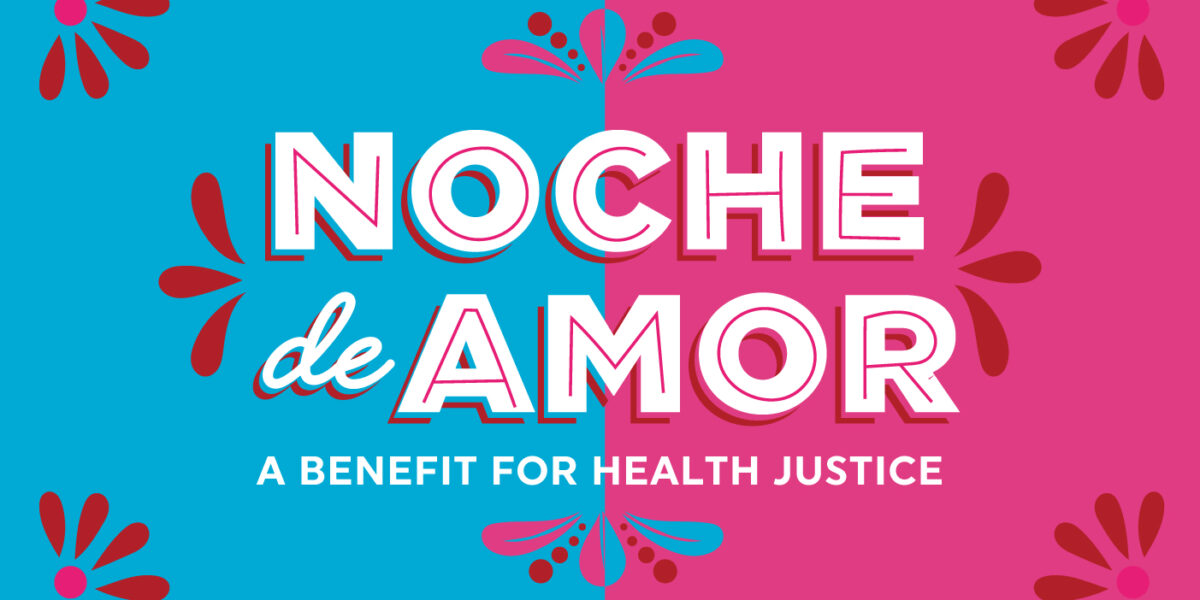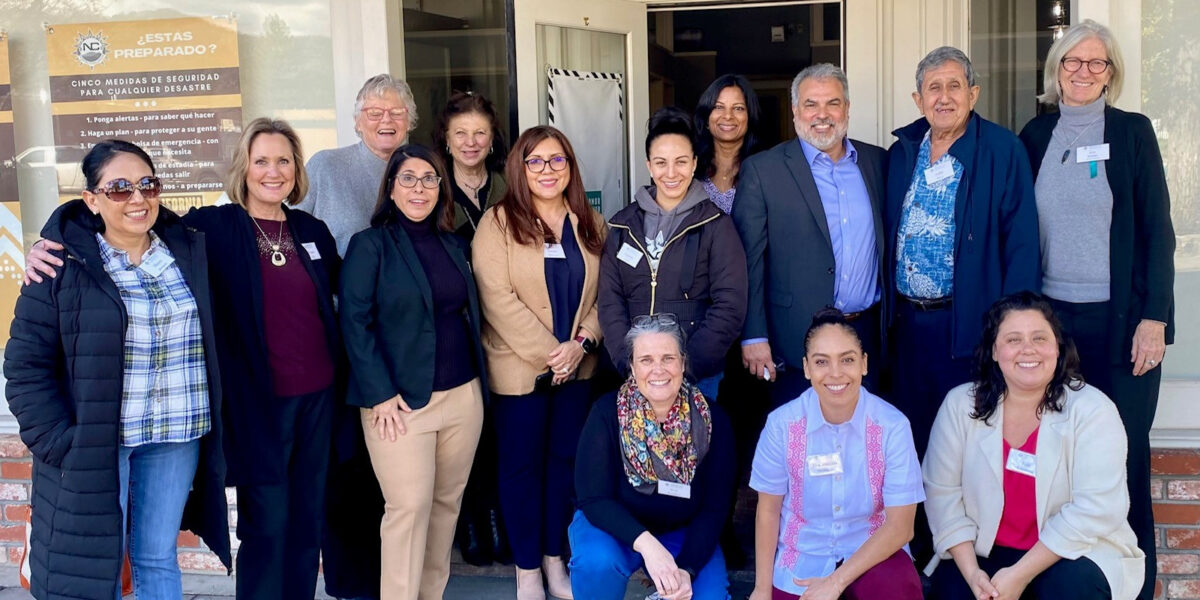

Meet Mental Health Talent Pipeline Scholarship Awardee Sophia Flores
3 min read. Introducing our latest Mental Health Talent Pipeline student, Sophia Flores!
Sophia Flores is one of three new students entering USF Santa Rosa’s graduate program in counseling psychology this fall with support from the Healthcare Foundation, in the form of a Mental Health Talent Pipeline scholarship.
The scholarship covers full-tuition and traineeship stipends for bilingual, bicultural students pursuing a Master of Arts degree in USF’s counseling psychology department with a concentration in Marriage and Family Therapy (MFT) who commit to working in the mental health field in north county.
Sophia, who describes herself as “a proud lifelong resident of Sonoma County,” grew up in Santa Rosa. “Which means I spent my summers playing at Memorial Beach in Healdsburg and picking out treats from the candy store on the Town Green in Windsor,” she relates in a recent exchange with the Healthcare Foundation. “Sonoma County has always been my home. It was never a question of ‘if I would come back’ after finishing my undergraduate degrees.”
After college, Sophia took a job as a traveling medical case manager, working mostly in Cloverdale and its underserved Latine community. “I became familiar not only with the tight-knit community there, but also the great needs of some of the most isolated residents,” she recalls. The experience convinced her she could do more as a bilingual licensed therapist.
“I spoke with clients at length and found myself grasping for understanding of their situation. Having no one else to regularly rely on for healthcare, I often took the brunt of the emotions and fears the clients felt but were rarely able to express. I felt ill-prepared to address their emotional needs but an immense desire to do more to help. That led me to pursue a degree in Marriage Family Therapy. While I felt discouraged by what I saw, I also felt more determined than ever to pursue the opportunity to further my education.”
Below, Sophia expands on the experiences and values that have led her to pursue a career as a mental health professional serving northern Sonoma County.
What sparked your interest in mental health as a profession?
I was first introduced to the concept of mental health when I began therapy in high
school. I was feeling physical and emotional effects related to the burden of overcoming the
educational precedent for first-generation Latinas in this country. I spent a significant portion of my first session crying. It was one of the most relieving experiences I have ever had. I told all my friends about my experience and was quickly made aware that, although they were facing the same barriers, they did not have the same access as I did to mental health care. That experience began an accumulation of thoughts related to the field and the profession. Ultimately, I was led toward seeking educational opportunities because of my experiences with others in my community. As a high school student, in my work after college, and as a community member, I gained a continuing interest in the mental health field.
“I want to be the friendly and familiar face in the room for my community members. The Spanish-speaking population of Sonoma County should not be excluded from mental health services. The only way to achieve that is if Spanish speakers can speak Spanish with their therapists.”
Sophia Flores, Mental Health Talent Pipeline Student
How does the master’s degree program fit into your career goals and vision?
My vision of this community is intertwined with my professional trajectory. I believe that every member of this community has a part to play in its betterment. The Master’s degree will enable me to put into practice the ideals my Latino community has taught me: integrity, courage, and tenacity. I want to see positive change in the community with respect to mental health and healthcare inequities, and I hope to make a meaningful contribution in a county-wide effort by mental health professionals to meet the needs of marginalized people. More specifically, it’s my aim to work to address the needs of immigrant adolescents and their families.
How do you see your bilingual, bicultural background supporting your work?
The importance of mental health professionals who are bilingual and bicultural is immeasurable. Cultural sensitivity is necessary to breach topics such as family and the pressure to overcome prejudice. When I connected to a new therapist after first starting college, I walked away from the first session feeling frustrated. I could not convey how daunting being away from my family was. When I reflect back on that moment, I wonder if the conversation may have been different had I met with a clinician who I felt understood what it was like to be one of the only Latinos in the classroom. I want to be the friendly and familiar face in the room for my community members. The Spanish-speaking population of Sonoma County should not be excluded from mental health services. The only way to achieve that is if Spanish speakers can speak Spanish with their therapists. An inclusive approach to therapy entails empathy and a desire to connect with clients sincerely. My hope is that by being available to Spanish speakers as a Spanish speaker myself, the stigma surrounding mental health services will abate.
Is there anything else you want to say about starting at USF this fall?
I could not fathom getting a Master’s degree without this scholarship, and I am thankful to the Healthcare Foundation for their trust in me. I cannot stress enough how vital this opportunity is to advance academically and professionally. I am on this path because of my family and my community. It is only fitting to express my gratitude by striving to complete this degree with fervor and use it to serve the people in my community.

Related News + Stories
Invest in Our Community
Your support is vital to our collective vision of eliminating health inequities in northern Sonoma County.
Donate



